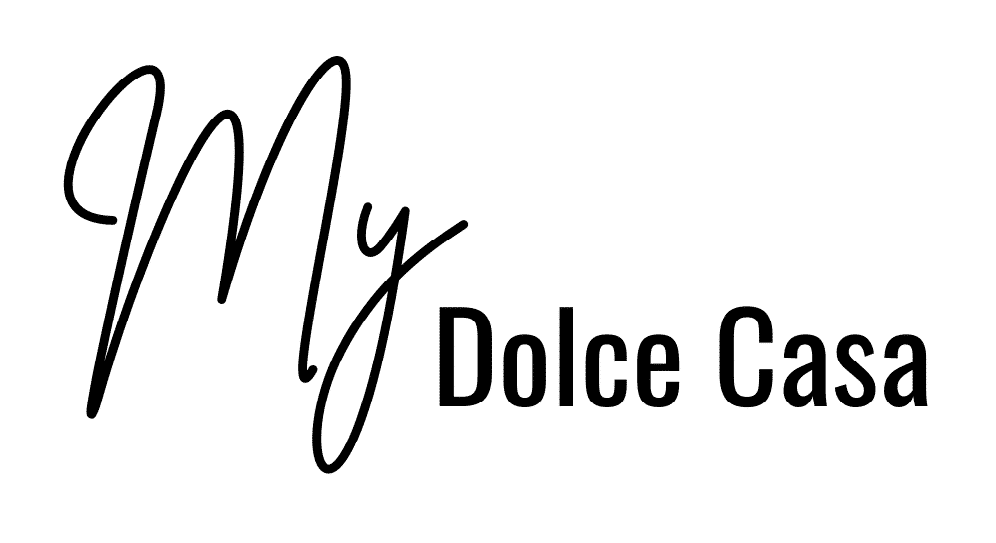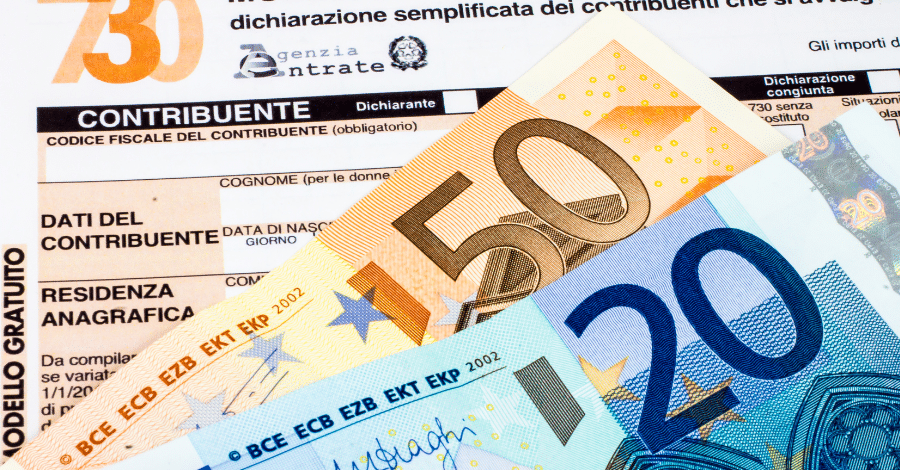If you plan on living in Italy long-term, one of the essential documents you will have to obtain is a codice fiscale, to insure your legal status, as well as a comfortable, well-adapted life in Italy.
You’ll need a codice fiscale, which is an official document given by the Italian government for tax purposes, to do many common administrative tasks and every day activities in Italy, like renting an apartment, going to the doctor, buying a house, or making a big online purchase.
What is a codice fiscale?
A codice fiscale, also known as an Italian tax ID or fiscal code, is a unique alphanumeric code used for identification purposes in Italy. It is similar to a US social security number or a national identification number in other countries.
The codice fiscale is assigned to people and entities such as companies, and it is used for various administrative and legal purposes.

Why do I need a codice fiscale?
Having a codice fiscale is essential for anyone living or working in Italy. It is required for a wide range of activities, including opening a bank account, signing a lease agreement for an apartment or office space, purchasing a property, getting a job, accessing healthcare services, and filing tax returns.
Additionally, it may be necessary for obtaining certain permits, licenses, or certifications. You’ll also need a codice fiscale for simple things like making big purchases online.
How do I get a codice fiscale?
The official process to obtain a codice fiscale in Italy is the following:
- Visit the Italian Tax Authority’s website or local tax office (Agenzia Entrate)
- Fill out the application form for a codice fiscale; this form is available in both Italian and English online; the local office will only have the Italian version
- Provide the required information, such as your personal details (name, date of birth, gender, nationality), address, and contact information
- You’ll also need to provide additional documents, such as a valid passport or identification card
- Submit the completed application form along with the supporting documents to any tax agency office in person or through a delegate
- The tax office will process your application and assign you a unique codice fiscale
- Once your codice fiscale is issued, you will receive a document containing your code
- It is essential to keep this code safe and accessible for future use, just like you would do with any official document

What do I need to qualify for a codice fiscale?
Anyone can apply for a codice fiscale. The specific requirements may vary depending on your citizenship, location and individual circumstances.
As a non-EU citizen, you must provide at least one of the following identification documents:
- a valid passport with visa (if required), or any other document accepted by the Italian authorities
- an photo identity certificate issued by the Italian consulate or embassy in your country
- a valid residence permit (permesso di soggiorno)
- an ID card issued by the municipality of residence in Italy
Along with one of the above documents, you must also provide proof of your right to stay, even temporarily, in Italy.
The process and requirements for obtaining a codice fiscale may change over time, so you should always consult the official website of the Italian tax authority or contact your local tax office for the most up-to-date information. The codice fiscale can be obtained while in Italy or from another country.
How long does it take to obtain a codice fiscale when applying in Italy?
Considering the notorious Italian bureaucracy and the inconsistency of rules across the country, the length of time from applying for a codice fiscale to getting it can vary quite a lot, from a few days to weeks or months.
This depends on the location where you apply and the application method used, and there is no guaranteed way to ensure a short turnaround. Some expats are reporting a quick and easy experience with obtaining their codice fiscale, while others did not hear back from the authorities for months.
The official method of obtaining a codice fiscale while in Italy is by most accounts the slowest. On the other hand, expats from different corners of the country have applied in various ways that have proven to be more efficient than the official process.
A speedy, hassle-free way to get a codice fiscale is by asking your real estate agent to do it for you. Some agents are very knowledgeable of the local bureaucracy and can be helpful, sparing you the trouble. You can do so if and when you are in the process of buying a house in Italy, for instance.
When applying online for a codice fiscale, some expats who followed these steps have reported obtaining a codice fiscale within a few days:
1. Go to the appointment page (Prenotazione appuntamenti) on the Agenzia delle Entrate website
2. Select Per te stesso
3. Check Request your tax code for the first time
4. Check Ho letto l’informativa

5. Go to the next page
6. Fill in your information

7. Next, select an office location for your appointment
8. If your chosen location has long wait times, choose another nearby location that has a faster appointment date available

9. You will receive a confirmation message by email to the address you provided, along with an SMS message on your phone
10. Complete the application form and have it ready for your appointment along with your valid passport and proof of your legal status in Italy
Can I apply for a codice fiscale from outside of Italy?
You can apply for a codice fiscale when living outside of Italy at an Italian embassy or consulate. Before you take any of the steps outlined below, either give the embassy a call or send them an email asking how they want the codice fiscale paperwork delivered to them.
When you get the go-ahead, you can fill out form AA4/8 through an application that allows you to fill it out digitally, like Adobe acrobat. Click “Allocation of tax code” and fill out Part B and Part D.
In Part C, if you don’t know where you’re living yet, don’t fill this part out. You can change it when you find a place to live later.
If you’re using Adobe, you can sign the document on that app. The paperwork needs a “handwritten” signature, so if you type your name in this part, the embassy won’t accept it.
Save this document when you’re done, and attach it to an email to your local embassy, along with a copy of your passport.
Typically, you’ll get a response in five business days, but be patient, as in some cases this may take longer. The embassy will email your new codice fiscale back to you.
Do I have to activate my codice fiscale?
No, once you are done filling out all of the paperwork, you’ll receive your codice fiscale, a very unofficial-looking piece of paper considering how elaborate the process is. You’ll get a sheet of paper with your number, a scannable barcode in the right hand corner, and an official-looking stamp in the center.
When do I use my codice fiscale?
Like previously stated, the codice fiscale is necessary for a ton of different things, including surprising things like making purchases at certain stores. You never know when you’ll need it, but most people don’t want to carry it around.
Your best bet is to scan your codice fiscale through a scanner app and save it to your phone. You can also use a scanner and email it to yourself. As long as you have the official document somewhere easily accessible, you’ll be good to go when someone surprises you by requesting it.
You may show your scanned codice fiscale when you go to the doctor in Italy, when filling out official paperwork, or purchasing furniture from Ikea.

How is codice fiscale used for tax purposes?
A Codice Fiscale is a tax identification number used in Italy for various tax and administrative purposes.
Here’s how you typically use a Codice Fiscale for tax-related matters:
- Income Tax: When you earn income in Italy, such as through employment or self-employment, you must provide your codice fiscale to your employer or clients. They use this number to report your earnings to the Italian tax authorities (Agenzia delle Entrate).
- Tax Returns: If you are required to file an Italian tax return, you will need to include your codice fiscale on the tax return form. This helps the tax authorities track your income, deductions, and tax liabilities accurately.
- Financial Transactions: Your codice fiscale may be required for various financial transactions, such as opening a bank account, purchasing real estate, or making significant investments in Italy.
- Healthcare: Your codice fiscale is also used in the Italian healthcare system to identify you for medical services and insurance purposes. Even if you don’t have healthcare through the Italian government, you’ll still be asked for your codice fiscale if you go to the doctor’s.
- Property Transactions: When buying or selling real estate in Italy, your codice fiscale is typically required for property transactions and to pay property-related taxes. You’ll also need it if you want to sign a lease for an apartment.
- Other Administrative Procedures: You may need to provide your codice fiscale for various administrative procedures, including obtaining government services, registering for public utilities, or enrolling in educational institutions.
Many people come to Italy to work for the United Nations, diplomatic missions, and other official government agencies, as many of their main offices are located in Rome. One perk is that you don’t have to pay income taxes in Italy. Despite this, you’ll still need a codice fiscale to live and thrive in the country.

